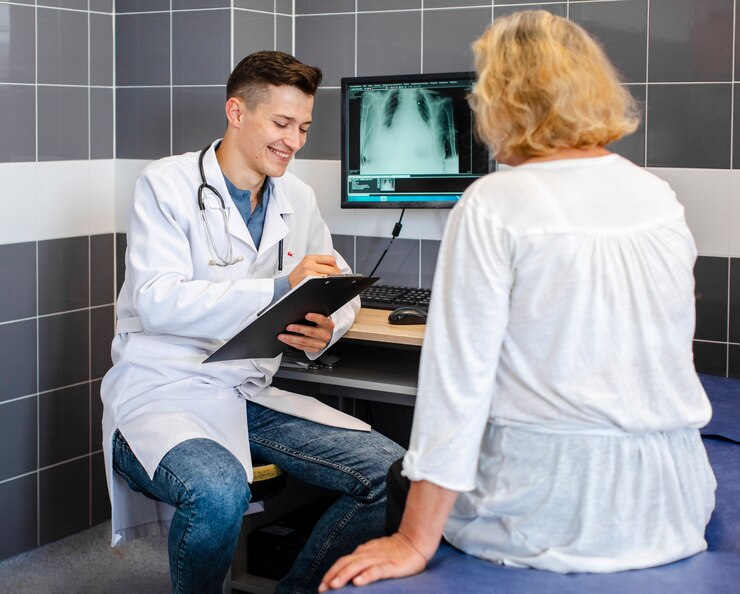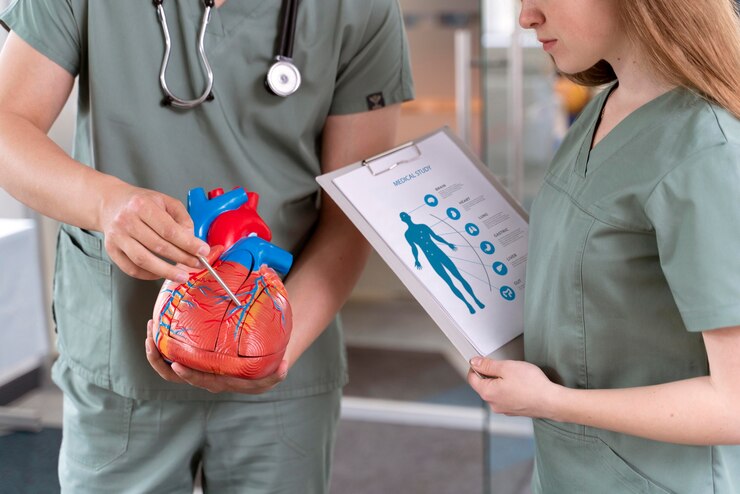


Our partners provide a range of specialized cardiological services aimed at addressing heart diseases, including coronary artery disease, a global cause of death. The heart relies on a continuous supply of oxygen and nutrients, delivered through the arteries, to function optimally. Coronary arteries play a crucial role by supplying the heart itself with the needed blood. However, conditions such as atherosclerosis can lead to stenosis or occlusion of these arteries, impairing the heart's ability to pump blood effectively and leading to decreased oxygen and nutrient transport to other organs, which may result in organ failure symptoms.

Early diagnosis and treatment of atherosclerosis are essential for individuals at risk of heart disease, protecting them from the severe consequences of myocardial Infarction ( the tissue damage or death that occurs when there is a lack of blood flow to a particular area of the body) . Coronary angiography, a diagnostic procedure rather than a surgical intervention, may be required based on findings from cardiologic tests such as ECG, echocardiography, and cardiac stress tests. This procedure is performed in advanced laboratories by experienced cardiologists and healthcare personnel using a special imaging system after administering a contrast agent. The process is minimally invasive, often utilizing the right femoral artery for access, and does not require general anesthesia, allowing patients to remain alert and communicative throughout.

Arrhythmia, or cardiac rhythm disorder, is another focus of our partners' services. A healthy heart typically beats 60 to 80 times per minute in a consistent rhythm, which can increase during physical activity but still maintains its rhythmic pattern. Arrhythmias may present as abnormal rhythms, either due to issues stemming from the heart’s natural pacemaker or through abnormal conduction of electrical impulses through cardiac fibers. These disruptions can significantly impair the heart's blood-pumping ability and lead to severe, potentially fatal conditions due to clot formation. Specialized electrophysiology laboratories help diagnose arrhythmia by meticulously analyzing heart rhythms and pinpointing abnormalities in the heart's electrical system. Treatment often involves mapping the precise locations of abnormal conduction, followed by the application of radiofrequency energy to correct these disruptions and restore normal rhythm, utilizing catheter techniques similar to those used in coronary angiography.
